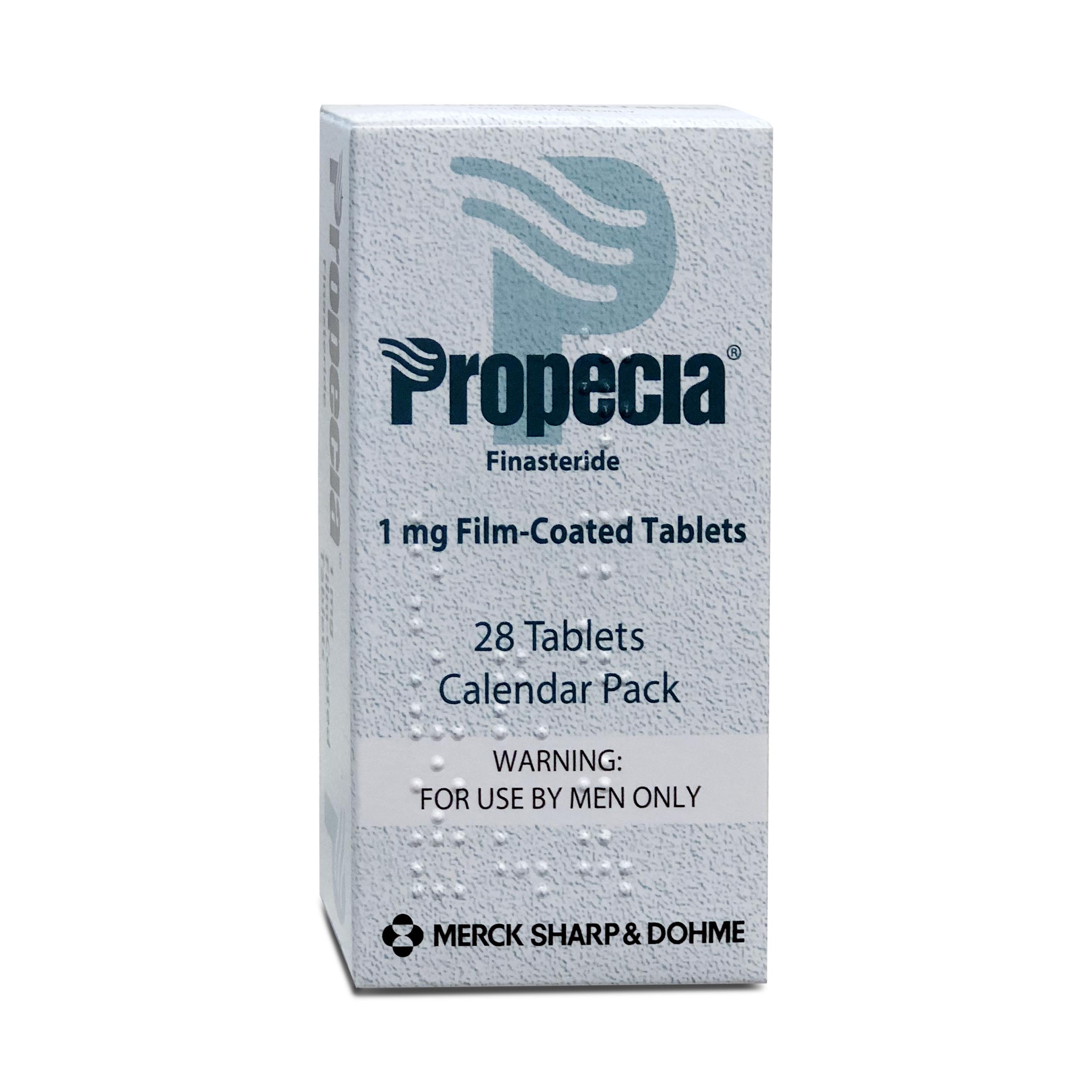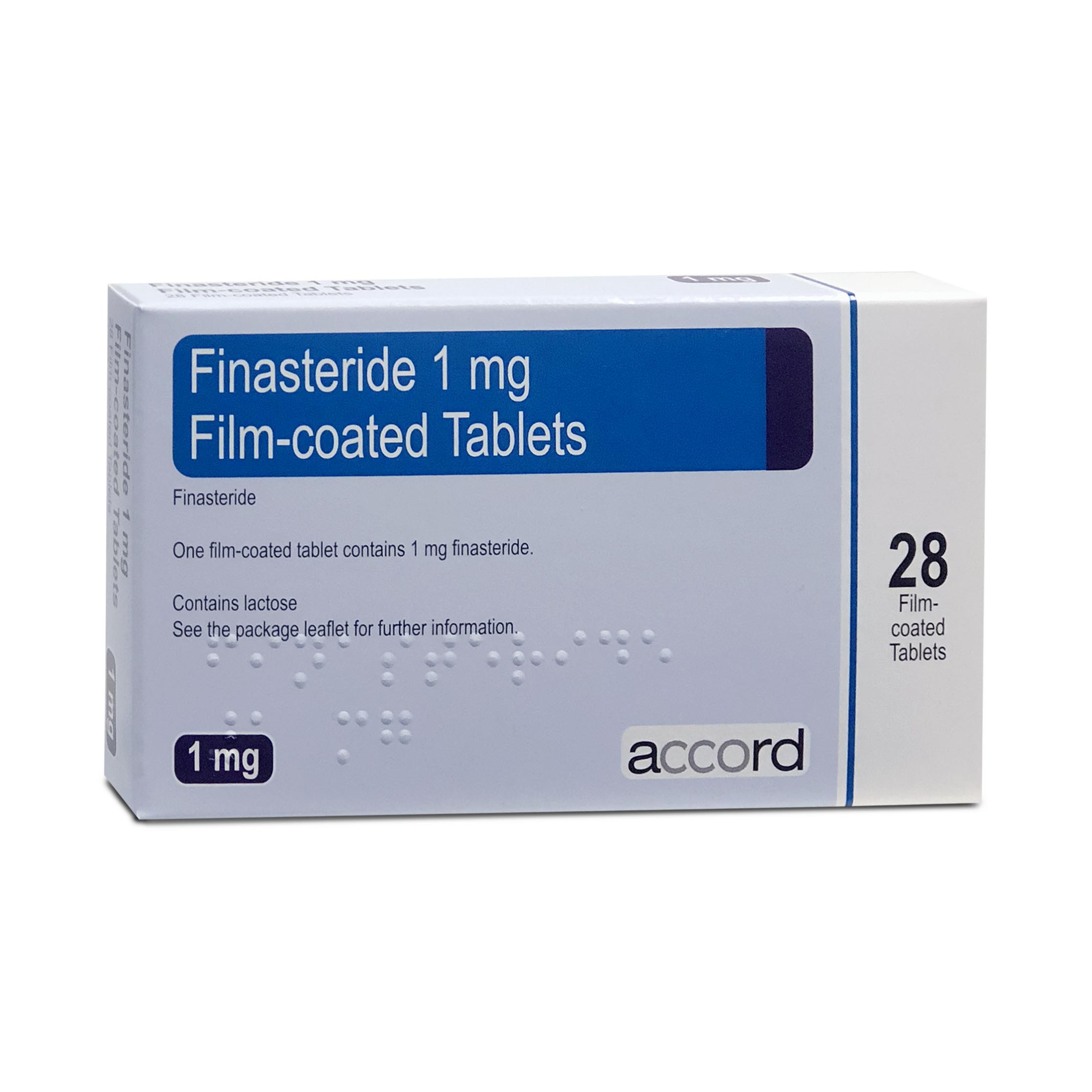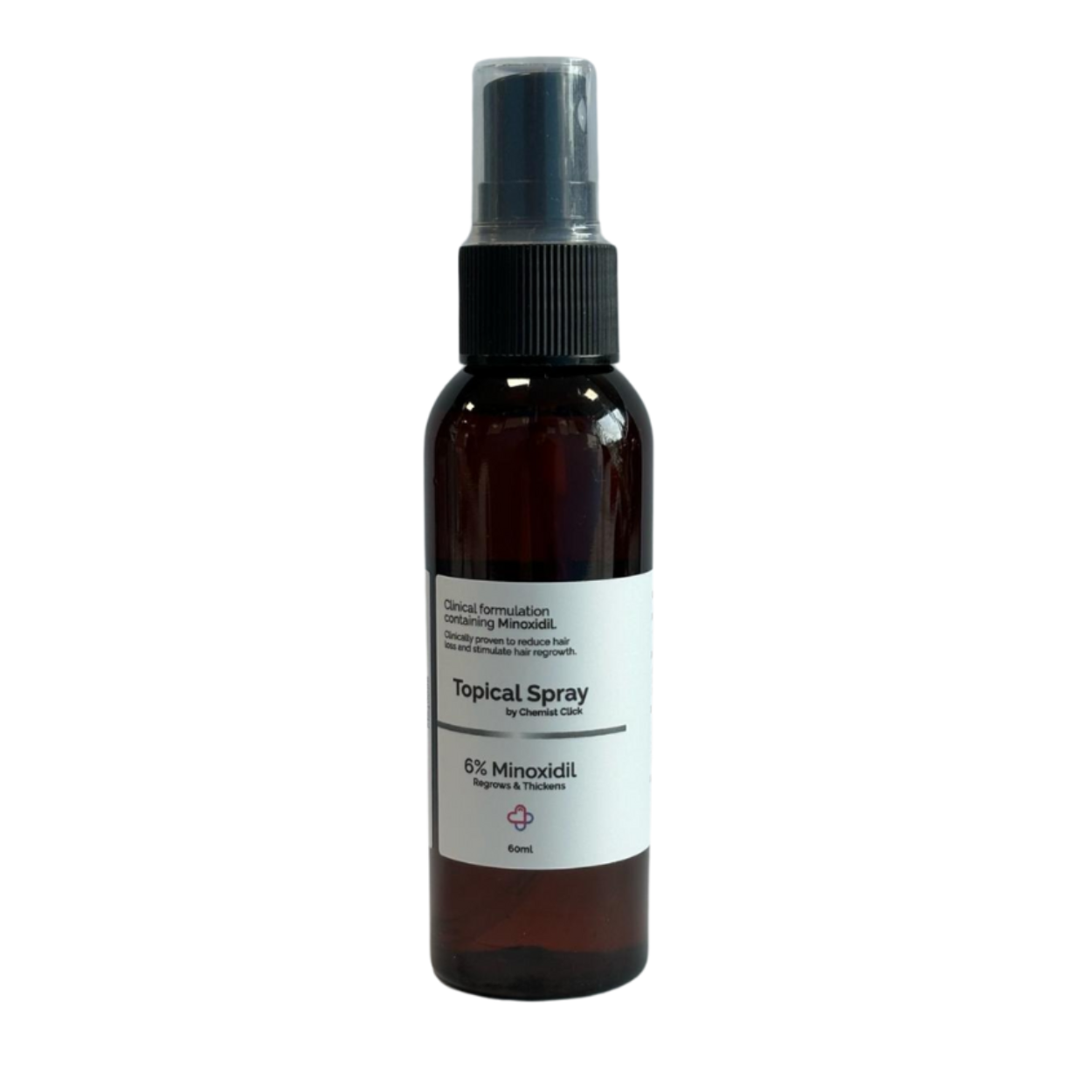Propecia Tablets
Propecia is a hair loss treatment for men, containing the active ingredient finasteride. It works to stop hair loss and in some cases, reverse the balding process. Treatment is effective in 90% of men, with results visible in 3-6 months. The dose is one tablet daily.
-
 Next Day Delivery
Next Day Delivery
-
 Plain & Discreet Packaging
Plain & Discreet Packaging
-
 Confidential Service
Confidential Service
-
 UK registered service
UK registered service
Propecia Prices
| Medicine | x28 Tablets | x56 Tablets | x84 Tablets | x168 Tablets |
|---|---|---|---|---|
| Propecia 1mg Tablets | £49.99 | £95.49 | £139.99 | £269.99 |
About Propecia
Key points
- Reduces hair follicle shrinkage, promoting hair regrowth
- Clinical studies show that Propecia is effective in 90% of users
- Results can be seen from 3-6 months of use
Buy Propecia online
You can purchase Propecia online from our UK registered pharmacy without needing a prescription. Simply fill out an online consulation for one of our UK registered prescribers to assess. If Propecia is deemed safe for you to use, we'll provide a prescription and send it to you in discreet packaging to the chosen delivery address.
What is Propecia?
Propecia contains the active ingredient finasteride and is used in the treatment of male pattern baldness. Initially, it was used to treat men with enlarged prostates, but men who were using Propecia tablets also found that it had a positive effect on balding. After years of research, it was introduced to the market in a lower dose which was proven to be a safe and effective hair loss treatment for men.
How does Propecia work?
Propecia works by inhibiting the conversion of testosterone into dihydrotestosterone (DHT) in your body. DHT prevents the absorption of essential nutrients necessary for the health of hair follicles, resulting in male pattern baldness.
By stopping the action of DHT, Propecia slows hair loss and, in certain instances, can even reverse it. This promotes the growth of thicker, more vibrant hair as your hair follicles receive the necessary nutrients.
To find out more information, read our article on ‘Does finasteride work?’.
How long does Propecia take to work?
Propecia starts working straight away, but it usually takes around 3-6 months of consistent use to start seeing results. In some men, the positive effects may take longer to show. Taking Propecia as directed will increase the chances of seeing positive results. However, if you've been consistently taking Propecia for over 12 months without noticeable improvement, it is unlikely that the treatment will become effective at this stage. In such instances, it's advisable to consult with your GP to discuss the next steps.
Propecia results
Below is a timeline summarizing the anticipated outcomes of Propecia 1mg. For more detailed information, refer to our 'Finasteride Results Timeline' article:
1-3 months
Positive changes to your hair are unlikely within the initial 1-3 months. Propecia is getting to work and starting to lower DHT levels. During this period, you may observe "hair shedding," where hair loss accelerates. This is a sign that Propecia is working, as weaker hair sheds, preparing hair follicles to start producing thicker and stronger strands of hair.
3-6 months
You should start to notice a decline in hair loss, and some individuals may observe hair regrowth during this phase.
6-9 months
A positive transformation in hair appearance should start to become noticeable. Many men experience a cessation of hair loss, accompanied by regrowth. Those with receding hairlines should start to notice smaller hairs coming through.
9-12 months
Significant reduction in hair loss becomes evident, often accompanied by an overall enhancement in hair growth. Hair may appear thicker and fuller after a year, and it is advisable to continue treatment if no side effects are experienced.
Is Propecia safe?
Propecia is usually a well-tolerated treatment, with most men experiencing no side effects.
During a one-year clinical study involving over 3,000 men, findings revealed that only 1.7% of participants discontinued treatment due to side effects. In fact, 2.1% of men in the group who were taking the dummy pill stopped taking the placebo.
Propecia dosage instructions
Take one tablet daily, preferably at the same time each day.
Food does not affect the absorption of Propecia.
If you forget to take a tablet, skip the missed dose and continue as normal the following day. Do not take more than one tablet daily, to make up for the missed dose.
What happens if you stop taking Propecia?
If you stop taking Propecia, DHT levels will rise and start to shrink hair follicles. The natural balding process will resume, and you will lose any positive results gained from treatment.
Propecia ingredients
Active ingredient: Finasteride 1mg
Inactive ingredients: lactose, pregelatinized maize starch, microcrystalline cellulose E460, magnesium stearate E572, sodium starch glycollate, hypromellose E464, docusate sodium, hydroxypropyl cellulose E463, titanium dioxide, talc, red iron oxide E172, yellow iron oxide E172.
Whilst the active ingredient will remain the same, the inactive ingredients may differ amongst brands. You should read the patient information leaflet supplied with your medication, for a full list of ingredients.
Propecia side effects
Uncommon: Affecting 0.1-1% of users:
- Difficulty achieving an erection (impotence)
- Reduced desire for sexual activity
- Ejaculation problems, such as a decrease in semen volume during intercourse (this doesn't seem to impact normal sexual function)
Unknown frequency:
- Swelling or tenderness in the breasts
- Palpitations (feeling of the heartbeat)
- Changes in liver function, detectable through a blood test
- Testicular pain
- Presence of blood in semen
- Persistent difficulty in achieving an erection after stopping treatment
- Persistent decrease in sex drive after discontinuation of treatment
- Persistent problems with ejaculation after discontinuation of treatment
- Male infertility and/or poor semen quality
- Anxiety
If you experience any of the following, stop taking Propecia and consult your doctor:
- Symptoms of an allergic reaction, including swelling of the lips, face, tongue, and throat; difficulty swallowing; hives; and breathing difficulties. Seek immediate medical attention.
- Depression, characterized by intense feelings of sadness and unworthiness. Report any changes in breast tissue, such as lumps, pain, enlargement, or nipple discharge, as these may indicate a serious condition like breast cancer.
Propecia warnings
- Do not use Propecia if you are under 18.
- Do not use Propecia if you are a female.
- Pregnant women or those planning pregnancy should not handle Propecia. If you are attempting to conceive, stop using Propecia.
- You should use a condom if you are taking Propecia and you are sexually active.
- Propecia can influence prostate-specific antigen (PSA) levels, a marker crucial in diagnosing prostate cancer. Inform your doctor if you are scheduled for a blood test while taking Propecia.
- Although very rare, instances of breast cancer in men using Propecia have been reported. Stop treatment and notify your doctor if you observe any changes in your breast area.
Important reminder: Always consult with your doctor or pharmacist to confirm the safety of Propecia for your specific circumstances.
Propecia interactions
Propecia dose not usually interact with other medication, however, you should inform your doctor or pharmacist if you are taking any other medication.
Do not take Propecia if you are already using finasteride or dutasteride – both of which are used to treat an enlarged prostate.
Propecia alternatives
To date, Propecia is one of the most effective treatments for hair loss in men. Other options in the realm of hair loss treatments include minoxidil, also known as Regaine, and dutasteride.
Minoxidil is a topical treatment which promotes blood circulation in the scalp to reactivate hair follicles. Unlike Propecia, it doesn't impact DHT, the hormone responsible for shrinking hair follicles, and is generally considered less effective.
Dutasteride, like Propecia, acts as a DHT blocker. However, it remains unlicensed as a hair loss treatment. Consequently, there is a lack of comprehensive studies examining the safety and efficacy of dutasteride for hair loss.
Vitamins and supplements designed for hair loss are accessible without a prescription. Nevertheless, the effectiveness of these products is supported by limited research.
Propecia vs Finasteride – What's the difference?
Propecia is the branded version of finasteride 1mg. The branded and non-branded version both contain 1mg of the active ingredient, finasteride. The only difference between the two may be in the inactive ingredients (such as the ingredients used to bind the tablet together). Theoretically, finasteride and Propecia will both give you the same results.
Sources
-
electronic Medicines Compendium. (n.d.). Patient Information Leaflet: Finasteride 5 mg Tablets. Retrieved February 28, 2024, from https://www.medicines.org.uk/emc/files/pil.2194.pdf
-
NHS UK. (n.d.). Hair Loss. Retrieved February 28, 2024, from https://www.nhs.uk/conditions/hair-loss/
-
PubMed. (1999). Finasteride in the treatment of men with androgenetic alopecia. Retrieved February 28, 2024, from https://pubmed.ncbi.nlm.nih.gov/9951956/
Propecia is only licensed for use by men. Male pattern baldness is caused when testosterone is converted into DHT (the hormone responsible for hair loss). As females have lower levels of testosterone, it is not as effective in promoting hair loss in women. Propecia should be avoided by women, especially fertile women as it can have a harmful effect on the foetus during pregnancy.
Propecia is a non-essential drug, falling under the category of cosmetic treatments. Therefore, it is not available on the NHS.
You cannot build resistance to Propecia, as it works to lower levels of DHT. Unlike bacteria, DHT is a hormone which cannot alter its structure and develop resistance against Propecia.
ED is an uncommon side effect.
According to research, difficulties in achieving an erection were reported by 1.3% of men on finasteride compared to the 0.7% reporting the same effect with the placebo.
Low libido is an uncommon side effect of Propecia.
According to research, a decrease in sex drive was reported by 1.8% of men using finasteride, slightly higher than the 1.3% experiencing this effect with the placebo.
Reduced sperm count is a side effect of Propecia.
According to research, 0.8% of subjects using finasteride reported a reduction in the volume of semen produced, slightly higher than the 0.4% experiencing this effect with the placebo.
Propecia works by blocking the conversion of testosterone to DHT. This means that Propecia can actually raise testosterone levels.
Summary For Propecia Tablets
| Medication class | 5-alpha reductase inhibitor |
|---|---|
| Mechanism of action | Blocks DHT, the hormone which shrinks hair follicles |
| Active ingredient | Finasteride |
| Strength | 1mg |
| Effective within | 6 – 9 months |
| Dosage instructions | Take one tablet daily |
| Manufacturer | Merck Sharp & Dohme |
| Use with alcohol | No known interaction |



